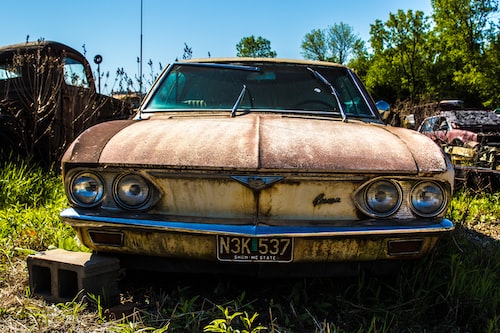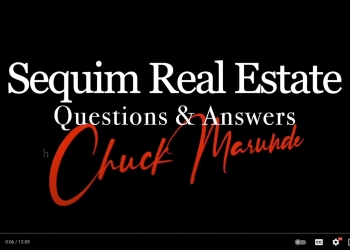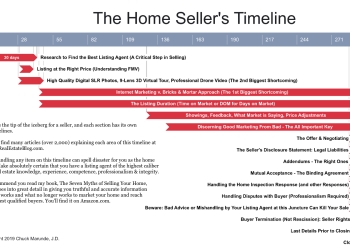Are you buying Sequim real estate, an existing home or a vacant lot? If you are searching for the ideal property, I recommend being careful about the neighborhood, and I’m talking about junk freaks. They live in every city and town in America. They’re typically nice people: they just happen to be junk freaks.
The problem isn’t the junk freak–it’s what he does to his property that will adversely effect your property. Who wants a disaster of a junk yard next store or even down the street. Many buyers have told me as we drove around looking at homes that they would not consider a particular listing because there was a grotesque junk yard nearby.
Driving around the block is important, but drive a larger radius and see just what is out there. You may not have to look over or through the fence at broken down cars, rusty barrels, and refrigerators from the 1960’s, but if you ever plan to sell your home (or your children do), consider that buyers either won’t buy a home near a disaster zone, or they will pay a lot less.
Even when you do buy a lot or home in an attractive area, does the neighborhood have CC&R’s (covenants) that prohibit junk yards and pig farms?
If you are moving to Sequim or Port Angeles from California or Arizona, I recommend that you do what many of my clients do before they arrive here. Email with me while you gather information to make a wise decision, search the MLS on my website, ask me about particular listings, the neighborhood, schools, recreation, and covenants. By the time you get here, you and I will already have a sweet list of good prospects, and you’ll feel like you have a good feel for the area.
Last Updated on May 18, 2009 by Chuck Marunde


































lol oh man that picture is pricess. I have this image of someone living in there. I really hope that’s not the case.
This is true for properties all across the USA, not just in Sequim.
Having a junk yard next door to you will surely lower your property value.
That’s why I think it is important for people to consider looking at a subdivision with strict policies and covenants to prevent it from happening.